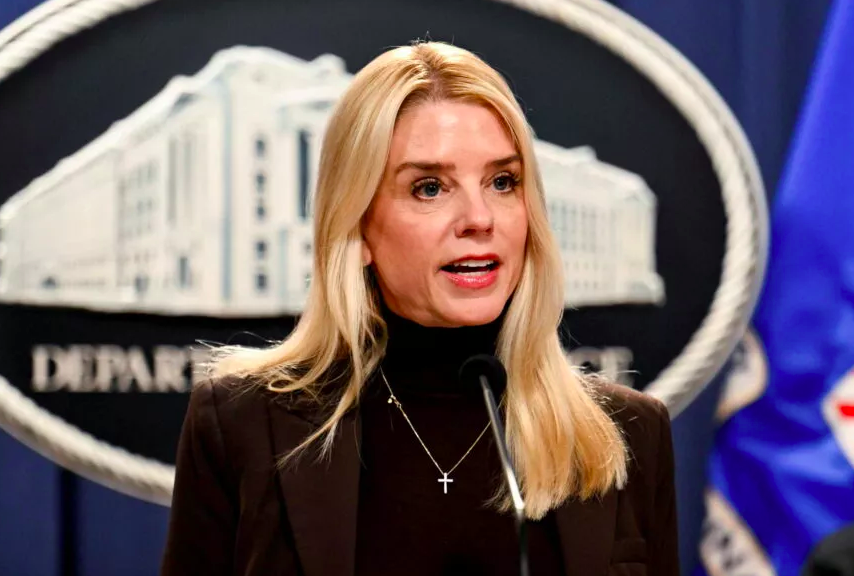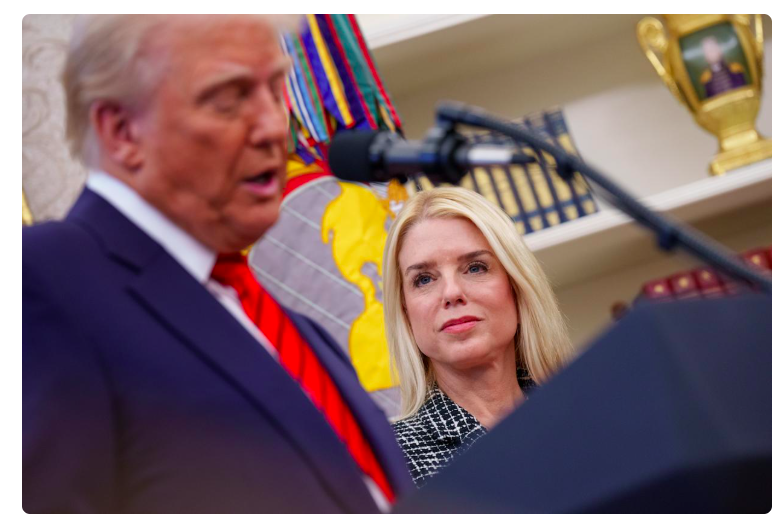A former “sustainability influencer” who once collaborated with Greta Thunberg has now publicly branded the climate movement a “scam,” asserting that its alarmist messaging causes anxiety and undermines modern prosperity.
This provocative pivot has ignited debate among both conservative and mainstream audiences.
Lucy Biggers, in her mid‑30s, rose to digital notoriety during her tenure at NowThis Entertainment. She produced viral content championing environmental awareness, including interviews with Greta Thunberg and coverage of high‑profile figures like Rep. Alexandria Ocasio‑Cortez.
Her social media presence once commanded tens of thousands of followers, earning millions of engagements across TikTok, Facebook, and Instagram.
However, in recent videos, Biggers has reversed course. Drawing on statistical evidence, she underscores that the global emission dip during the COVID‑19 lockdown was minimal—despite near‑total societal shutdowns—raising questions about the feasibility and intent of green policies. “If we have to shut down the entire world and emissions go down only a little… would I want to live in that world?” she asks.
Examining her motivations, Biggers cites personal burnout and anxiety. A Lancet survey of over 15,000 U.S. youths aged 16‑25 found that nearly 85% were moderately worried about climate change, with 43% reporting mental health impacts. Biggers alleges the movement amplifies fear rather than encouraging resilience or innovation.
Academically oriented and reflective, she began questioning the movement’s ideological underpinnings. By 2020, she left NowThis, joining a nonprofit before becoming communications lead at The Free Press. In May 2024, she penned an essay describing her transition from fervent believer to skeptic. Months later, she released a series of videos denouncing the “anti‑human” drift she perceives within environmental activism.
Her transformation has not been warmly received by former supporters. Biggers reports intense backlash: accusations of being “paid by oil companies” and bearing a “white savior mentality”. O
On Reddit, some skeptics applaud her candor:
“They are inducing phobias on people, this is cult mind control.”
Still others remain critical:
“So a random influencer … pretended to be a climate activist and then flipped when she realized how much more money she could make by shutting up about the climate.”
Conservatives have embraced her shift. Figuring prominently in conservative social media circles, she’s seen as emblematic of emerging backlash against environmental orthodoxy. Platforms like X and IOTW Report have highlighted her critiques alongside pointed commentary.
Biggers frames her departure as a moral choice, rooted in hope rather than cynicism. Citing the birth of her son, she recounts abandoning the relentless guilt over modern conveniences and living a life where abundance does not equate to moral failing. She says rejecting the climate narrative has improved her mental health and reinvigorated her outlook on modern progress .
Her transition echoes a broader conservative concern: the potential misuse of climate policy to expand government power and suppress individual freedoms. By characterizing the movement as morally punitive, she taps into a market for optimism and technological advancement over fear‑driven narratives.
Critically, her accusations coincide with growing skepticism about green energy transitions’ economic viability. Her argument around the limited emissions reduction during COVID‑19 lockdown has been cited as empirical evidence against sweeping economic shutdowns—supporting conservative calls for balanced policy that safeguards both livelihoods and the environment.
Greta Thunberg’s own trajectory has also shifted. While she once helped galvanize global attention to climate through school strikes and high‑profile speeches, she now pivots to geopolitical activism—most notably via the Gaza‑bound Freedom Flotilla in June 2025. Critics argue her focus has diluted attention from climate and suggested opportunistic motives tied to global causes outside her expertise .
Biggers explicitly distances herself from this broader activist style:
“She’s a good person, but she’s caught up on the wrong side of the movement. She’s been morally inverted,” she said regarding Thunberg.
She warns that underpinned by guilt and fear, climate messaging can impede critical thinking. Biggers advocates instead for a positive narrative—embracing innovation like nuclear energy, natural gas, and renewables—and rejects policies she views as economically punitive.
Supporters from conservative circles see her stance as timely. As energy prices rise and regulatory burdens grow, many are looking for credible voices arguing for free-market solutions. Biggers’ early career in progressive activism gives her pivot weight among audiences skeptical of traditional partisan critiques.
Detractors, however, accuse her of opportunism. Some on Reddit allege her disavowal of climate action aligns with conservative echo chambers and suggest financial incentives motivated her reversal .
Despite criticism, Biggers remains undeterred. Her videos continue to draw thousands of views as she urges young people to “escape the anxiety” of climate fatalism. She also refuses to fully disengage from climate debate, advocating instead for rational discourse and evidence-based policy.
Her transformation—from Greta collaborator to climate skeptic—symbolizes a growing fissure in public perception of environmentalism. As her story circulates, it raises fundamental questions: is the movement mobilizing constructive change, or perpetuating fear for political ends?
Biggers’ case illustrates how personal transformation can become a powerful tool in public debate. Armed with first-hand experience, she challenges the orthodoxy from within, leveraging her former platform and credibility to offer an alternative centered on optimism, human ingenuity, and resilient prosperity.
As public discourse around climate evolves, voices like Biggers’ play a pivotal role—complicating the narrative by combining first-hand credentials with conservative critique. Rather than settle for one-sided alarmism, her message urges balanced ambition: fighting for environmental progress without sacrificing individual liberty or wellbeing.





